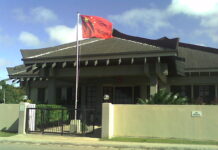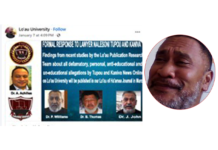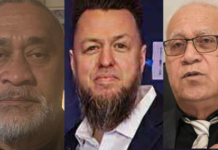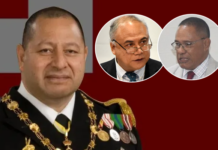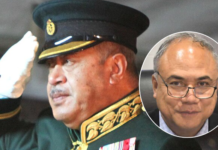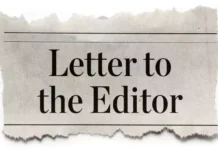Commentary – The Eke government’s recent update, confirming the Prime Minister’s regular meetings with the King, signals a positive relationship between the monarchy and the current administration.
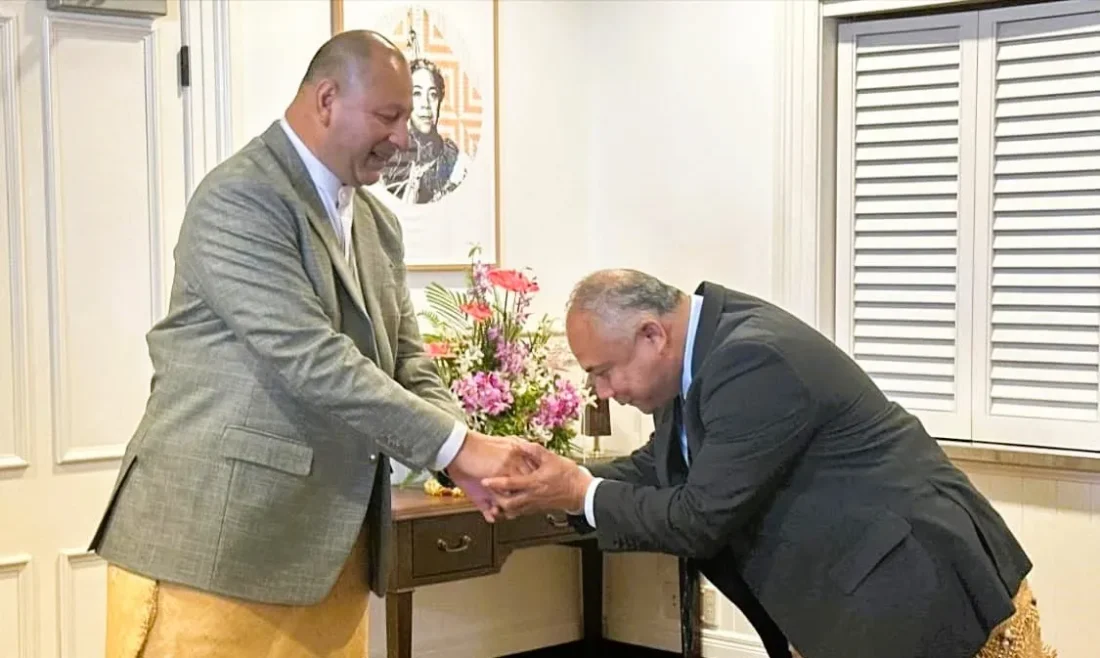
This development carries particular significance, given the stark contrast with former Prime Minister Huʻakavameiliku’s tenure, when tensions with the palace escalated to the point where the King promptly approved his resignation letter.
The late Prime Minister Pōhiva Tu’i’onetoa once sought membership in the King’s Privy Council, proposing this would allow him to advise the monarch in real time on governmental matters. The King denied the request, maintaining that both leaders must adhere to their constitutionally mandated roles.
It appears Tu’i’onetoa failed to recognise the superior opportunity available under Clause 50(a)3, which empowers the Prime Minister to report to the King on state affairs formally.
The warm King-PM meetings also mark a striking departure from years of royal friction with previous governments. Where past prime ministers faced cold shoulders—despite constitutional obligations for regular briefings—the King’s openness to Eke suggests cautious approval of the current administration.
Constitutional Duties Defined
This shift raises questions: Is this mere symbolism, or does it reflect genuine progress in governance?
The answer lies in what sets Eke apart from his predecessor. Unlike Huʻakavameiliku, under whose administration corrupt systems persisted, Eke’s demonstrated commitment to dismantling Tonga’s entrenched patronage structures appears to have earned him the King’s confidence.
Eke’s administration has demonstrated exceptional transparency through its unprecedented weekly hour-long press conferences—a practice maintained every Friday since taking office.
The government has also established a high benchmark for accountability by delivering on key campaign promises, including comprehensive reforms of Lulutai Airlines, a thorough review and restructuring of all government boards, and the resolution of the protracted Tonga Development Bank/National Reserve Bank dispute, among other significant policy achievements.
This leads us to the next critical question: What does Tonga’s Constitution actually say about King-PM meetings? To understand this, we must examine the constitutional text itself.
Clause 50(a)3 of Tonga’s constitution says:
“The Prime Minister shall regularly and as required report to the King upon matters that have arisen with the government and upon the state of the country.”
From an analysis point of view, the phrase “matters that have arisen with the government and upon the state of the country” could refer to pressing issues impacting both national leadership and the nation as a whole.
These typically involve government-related controversies, such as corruption scandals, financial mismanagement, or lack of transparency, that undermine public trust.
At the same time, they reflect broader national challenges, including economic instability, social inequality, or systemic failures in public services.
Fakalotofale Drives Reforms
In other words, these meetings are fakalotofale (a Tongan term for confidential in-house discussions) between the King and Prime Minister, where open dialogue on any matter is permitted.
Late Prime Minister Akilisi Pōhiva told Kaniva News the King reviewed Cabinet travel records during a meeting and objected to two ministers’ excessive trips. The PM then warned ministers about the King’s concerns.
In the context of Lulutai Airlines’ failures, including the $60 million in missing records and the Tonga Development Bank/National Reserve Bank saga, these matters absolutely warrant reporting to the King under constitutional Clause 50(a)3. Since the government’s announcement of its board restructuring plans and director appointments, these are key reforms the King deserves to know, and they must be reported to the King.
This meeting enables the Prime Minister to inform the King about parliamentary obstructions, particularly opposition from the nobility regarding critical bills, that undermine governance efficiency. This communication is crucial, as the King holds unique influence over the nobility that could help resolve such impasses.
These meetings are not limited to presenting a strategic opportunity for the Prime Minister. Demonstrating government competence, he can build royal trust while tactfully advocating for Tonga’s most urgent need: systemic political reforms.
Transparency here builds confidence in the government’s overhaul of Tonga’s compromised systems.

